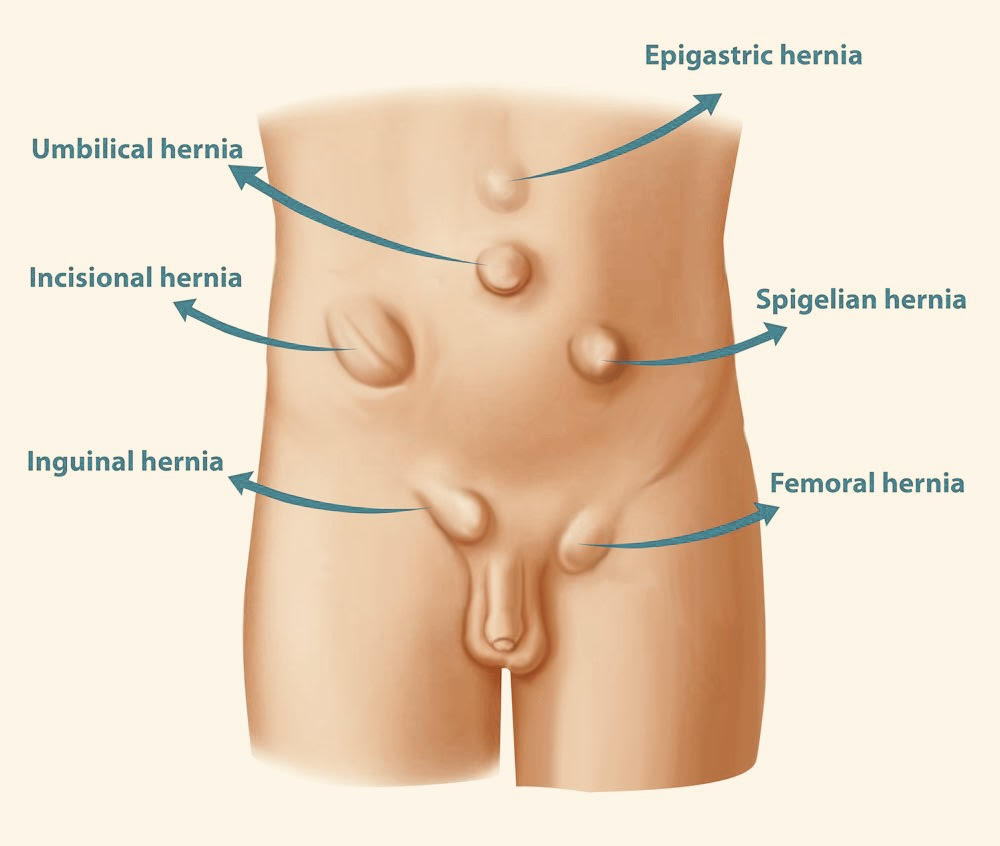Proctology
Laparoscopy
Menu
Hernias can cause excruciating pain. If you are experiencing any symptoms related to hernia, do not worry. At Definite Cure, we have some of the leading specialists who can suggest the most effective hernia treatment options to help you recover faster than you expected.

When any organ in your body pushes through a breakage or opening of a tissue or muscle holding it in, it causes a hernia. Most commonly, hernias occur in your abdominal area between the hips and the chest. However, in some rare cases, they can also appear in the groin or upper thigh region.
Depending on the area that it occurs in, there are different types of hernia:
Hernia operation or treatment is necessary to prevent any complications in the future. This is a condition that will not go away on its own.
If you experience the following symptoms, visit a hernia doctor immediately.
– A lump in the affected area that normally disappears when you lie down.
– Pain and discomfort in the area
– Heart burn
– Chest pain
– Trouble swallowing
In most cases, you may never notice a hernia symptom. It will only reveal itself when you get a medical exam or a physical exam routinely.
Hernia treatment depends on the causal factors. The most common causes are:
A physical examination followed by a few questions is the first step of diagnosis. Imaging tests like CT scan, MRI scan and Ultrasound are recommended by a hernia surgeon. In case of issues like hiatal hernia, more advanced tests like a barium X-ray or endoscopy is required.
In case the hernia is getting bigger and becoming more painful, hernia operation is often suggested. The following procedures are used to treat a hernia:
The following preventive measures can be taken to avoid hernia operation in Delhi:
When lifting heavy items, use the muscles in the legs and not the back or waist muscles